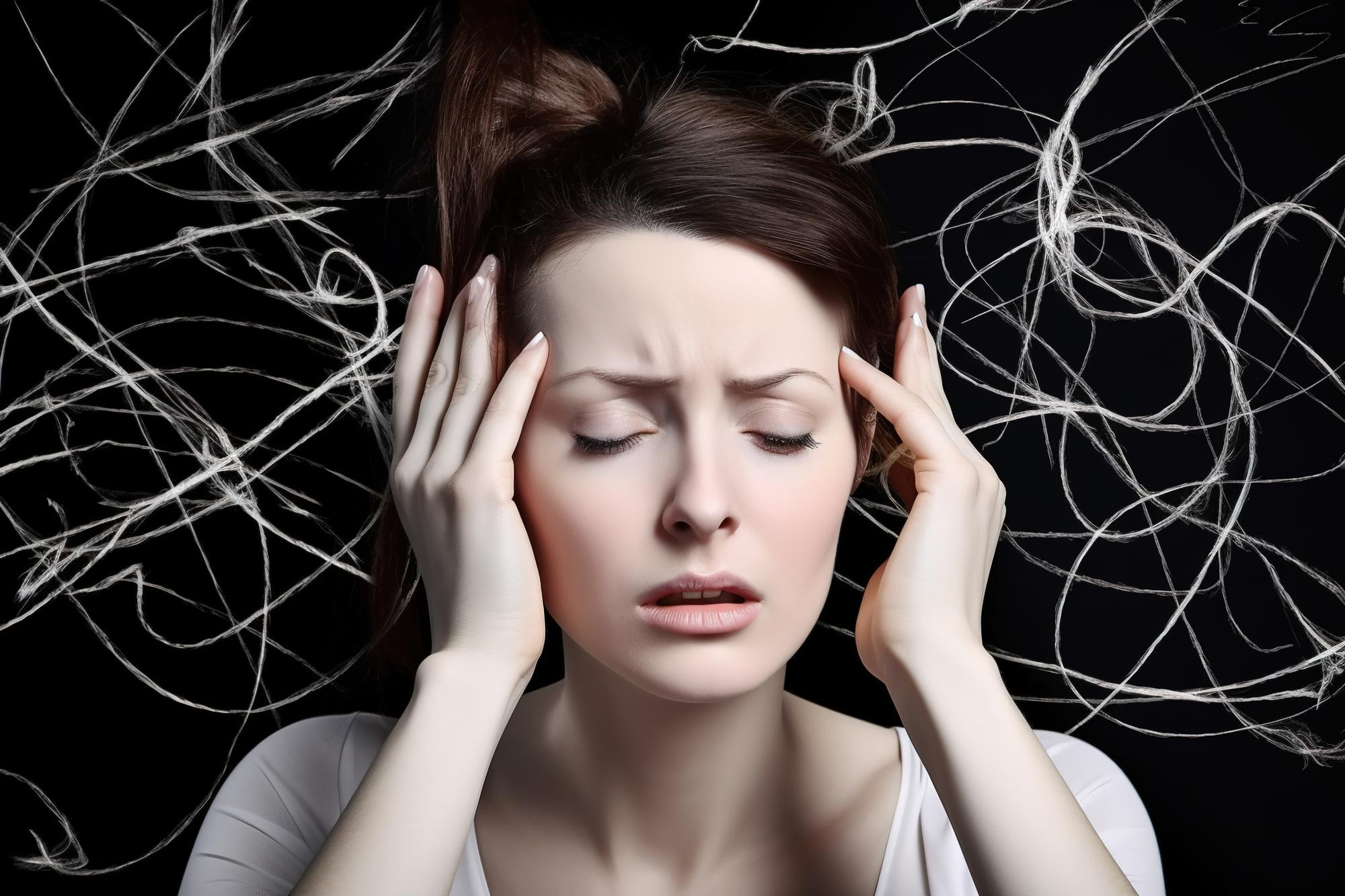Feelings of dizziness and a loss of balance can sometimes be attributed to a medical condition. This article will cover some of the causes and the treatment options available.
Our experts are on hand to address various conditions that cause dizziness and balance problems. Contact our office in the Cayman Islands today!

Specialties
Neurology
Pain Management
Diagnostic Tests
Therapeutic Procedures
Dizziness and imbalance can result from a variety of causes. They may make you feel as if the room is spinning, unsteady or lightheaded. You may feel these things while sitting, standing, or lying down.
Many body parts contribute towards normal balance. These include your muscles, bones, joints, eyes, the balance organ in the inner ear, nerves, heart, and blood vessels. If any of these body parts are not functioning well, you could have balance problems.
Most balance problems are caused by issues with the balance organ in the inner ear (vestibular system).
These sensations can create the perception that the room is spinning or a feeling of unsteadiness or lightheadedness. These feelings can occur while sitting, standing, or lying down.
Several parts of the body contribute to maintaining normal balance, including muscles, bones, joints, eyes, the balance organ in the inner ear, nerves, heart, and blood vessels. When any of these components are not functioning properly, balance problems may arise.
The majority of balance issues stem from problems with the balance organ in the inner ear (vestibular system).
A condition affecting balance may lead to experiencing the following symptoms:
Many medical conditions can cause dizziness or imbalance. Common causes of dizziness and imbalance include the following:
Vertigo creates a spinning sensation, as though the room is spinning or as if a person is floating. Typically, this feeling is a symptom of an issue with the inner ear.
Some individuals may describe this sensation as feeling faint. Lightheadedness is typically due to low blood pressure.
Confusion may be due to several issues, including low blood sugar. When confused, a person can feel unsteady, resulting in feeling dizzy.
Feeling dizzy may make you feel as though you are not on level ground, and you may have difficulty maintaining balance.
Some anxiety disorders can make you feel lightheaded or dizzy. Examples include panic attacks or agoraphobia, the fear of open spaces, and leaving the house.
The inner ear is important to maintain balance. When the ear becomes infected or inflamed, maintaining balance can be difficult. Inner ear disorders are often accompanied by other symptoms such as fever, nausea, and hearing loss.
Motion sickness can make you feel dizzy and affect your balance. Dizziness can be brought on by traveling in boats, cars, and airplanes, or on amusement park rides.
Benign Paroxysmal Positional Vertigo occurs due to changes in the position of the head. It is most often experienced in bed after sitting up or turning over.
Some individuals with migraines experience an aura before the onset of the headache. In some cases, the aura may present itself as dizziness and may last for an extended time before the headache begins. Sometimes, migraines can occur without a headache and present only with an aura.
Feelings of dizziness are typically not an indication of an issue with the brain. However, in some cases, dizziness may be one of the symptoms of a larger issue.
It is normal to feel lightheaded or dizzy. However, if these sensations affect the quality of your life, contact us at Cayman Neurology and Pain Management.
Since most dizziness and vertigo symptoms are related to underlying issues like ear infections, low blood pressure, or glucose imbalances, treating those issues typically helps resolve balance-related symptoms. When tests reveal a more serious underlying issue related to nervous system disorders, treatment will focus on addressing those issues to determine if symptoms resolve.
Treatment will be tailored to your specific needs and may include the following:
Many cases of dizziness or imbalance can be prevented by taking care of your health. It’s important to reduce stress, drink plenty of water throughout the day, and get sufficient rest. Also, try to avoid triggers, such as excesses in salt, alcohol, caffeine, and tobacco.
Book your appointment with one of our top neurologists at Cayman Neurology and Pain Management. Don’t let dizziness put your life out of balance—seek treatment today. Contact our neurology office in the Cayman Islands now!
Copyright © 2024 Cayman Neurologist. All Rights Reserved.